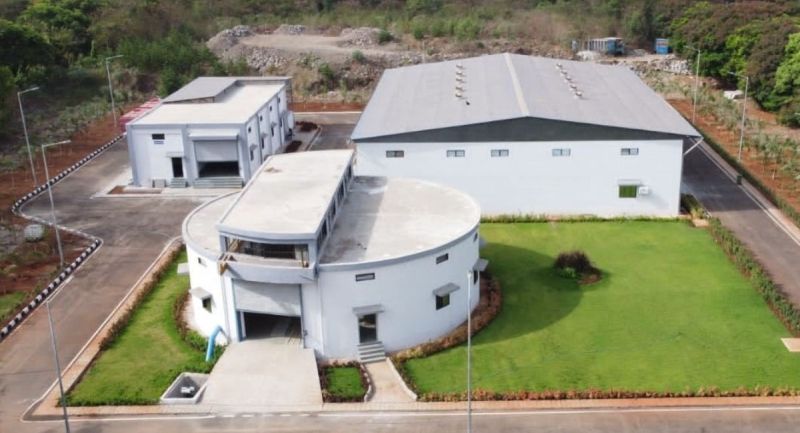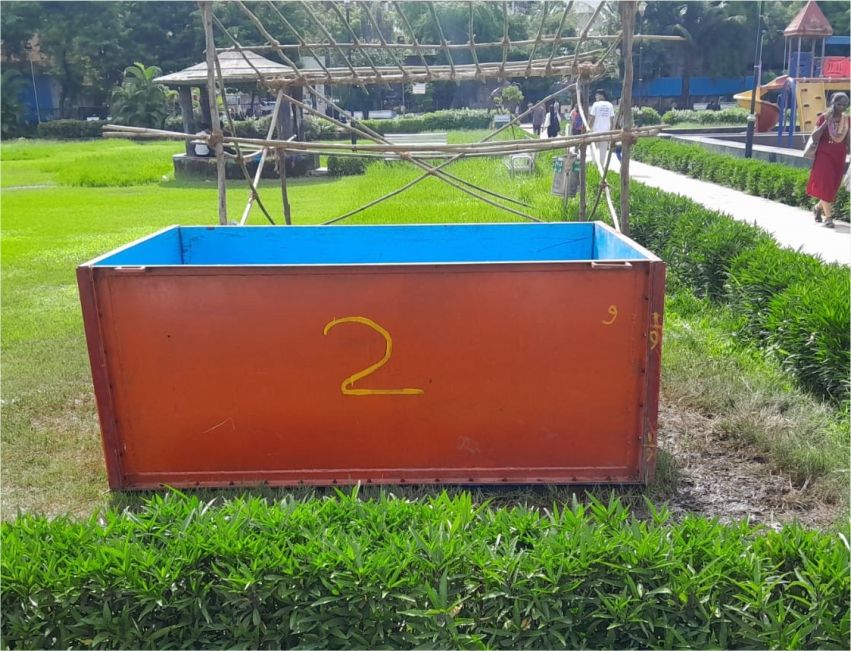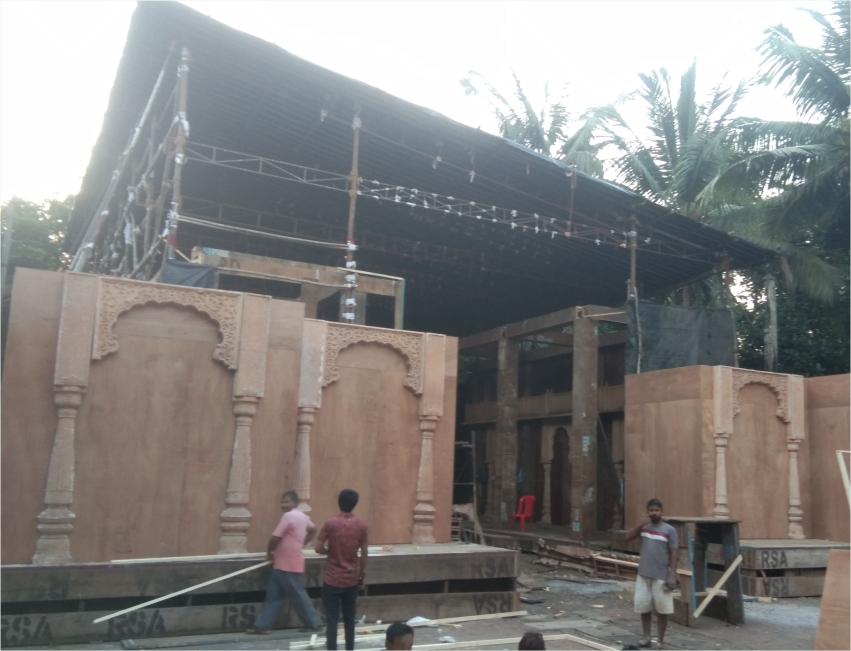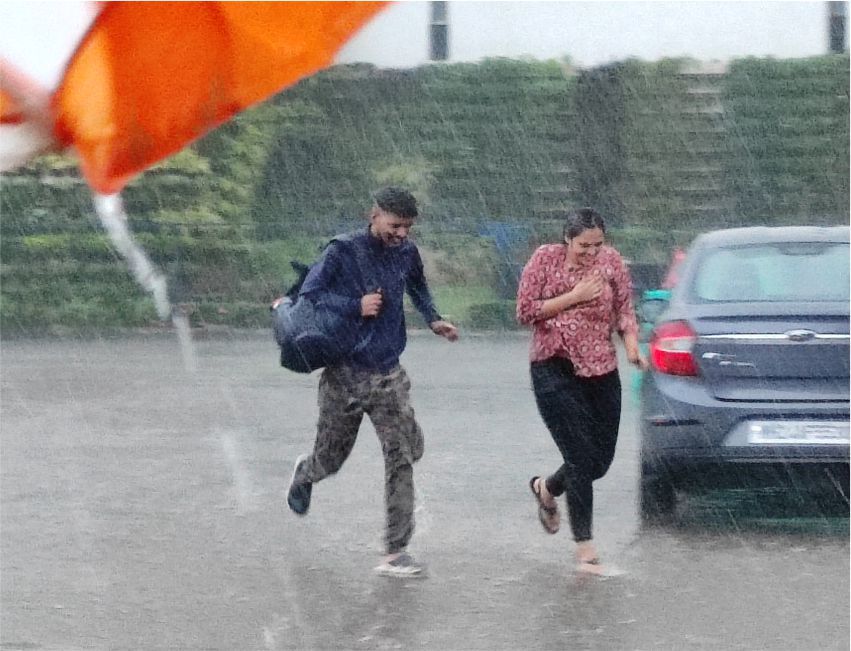With eye on sustainability, Navi Mumbai goes all out to treat and reuse wastewater

- Meena R Prashant
- 03 Apr, 2025
The Navi Mumbai Municipal Corporation (NMMC) has chalked out an ambitious roadmap to accelerate its sustainability efforts and conserve precious potable water.
With the global population poised for exponential growth, the demands for water—for drinking, sanitation, farming and energy production, etc. is expected to increase in tandem.
Even as demand faces a surge, human activity and the climate crisis are disrupting natural water cycles. Pollution is putting freshwater ecosystems under pressure. The events have underscored the importance of protecting and restoring freshwater ecosystems to sustain their services for future generations.
The civic corporation’s efforts assume greater importance in the backdrop of the fact that NMMC is the sole municipal corporation to have a dam of its own. Morbe Dam is the main water source for the city of Navi Mumbai.
The sustainability imperative has led Navi Mumbai to formulate plans to conserve precious potable water. Expanding the use of sewage-treated water for non-potable applications is key to the NMMC’s efforts to conserve water.
NMMC’s commitment to green and sustainable water management won it two awards at the 100th SKOCH Summit held in New Delhi. The SKOCH Awards, known for recognizing excellence in governance and sustainable urban development, highlight Navi Mumbai’s leadership in efficient water management and public health initiatives
The civic body was honoured for its efficient and sustainable water management system, which boasts 85% metered water connections, 96% bill recovery, and a dedicated initiative to reuse treated wastewater.
Treating wastewater and using it for non-potable uses underpins the NMMC’s water conservation efforts.
Currently, NMMC generates 20 MLD of treated water. The city has three Tertiary Treatment Plants (TTPs) in Nerul (5 MLD), Kopar Khairane (20 MLD), and Airoli (20 MLD).
The TTPs employ advanced ultrafiltration and ultraviolet-based purification technology to enhance the quality of treated wastewater, making it suitable for industrial and construction applications.
Treating wastewater is one part and evacuating it for use to prevent wastage of potable water forms the second component of the green strategy.
The three TTPs, connected by a 150 km pipeline network, distribute the treated water to maintain 199 public gardens spread across 7.62 lakh square meters and for plants on the road medians.
In view of increasing demand, NMMC plans to construct a new 7.5 MLD TTP in CBD Belapur at a cost of Rs 35 crore. This facility is expected to be operational by August 2025.
The civic body also proposes extending the pipeline network by 70 km to ensure better accessibility and increased utilization of treated water.
At present, six large housing societies in Nerul is using treated water for gardening and car washing, generating an annual revenue of Rs 2.5 crore for the civic corporation. The civic body is actively engaging with more residential complexes and construction sites, recently conducting stakeholder meetings to highlight the benefits of using treated water.
Treated water is also being supplied to industries in the TTC Industrial Area (MIDC). To reduce the consumption of potable water, construction projects across the city are being directed to use the treated water to reduce the consumption of potable water.




